Systemic abuse of power is the most deeply embedded and far-reaching form of abuse, woven into the very structures that govern society. It’s not limited to one person or institution—it’s a pattern that spans generations, reinforced by laws, policies, traditions, and cultural norms that disproportionately disadvantage certain groups while protecting others.
News
Highlights
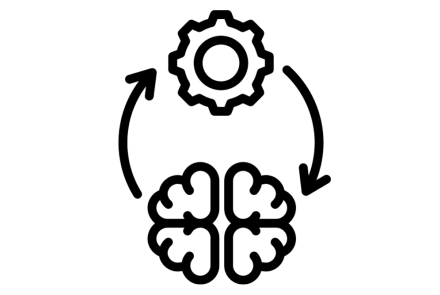
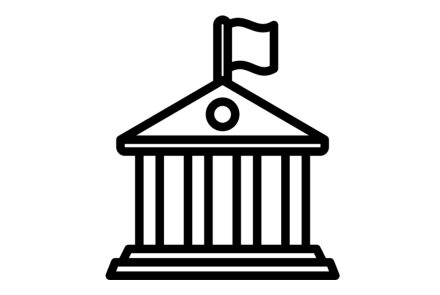 /
/Institutional abuse of power occurs when organizations—such as schools, workplaces, law enforcement, religious bodies, or healthcare systems—use their authority to exploit, suppress, or neglect the people they are meant to serve or protect. Unlike personal abuse, which happens between individuals, institutional abuse is systemic and often normalized within policies, cultures, and unspoken rules.
 /
/Personal abuse of power is one of the most insidious forms of control. It doesn’t come from a title or a badge, but from the emotional, psychological, and relational dynamics between individuals—often in families, romantic relationships, or close friendships. Unlike systemic or institutional abuse, personal abuse of power often hides behind smiles, sweet words, and shared history. It's harder to spot because it’s wrapped in intimacy.
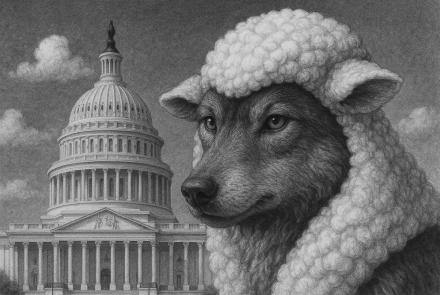 /
/Systemic abuse is the most insidious form of the wolf in sheep’s clothes because it doesn’t wear a single face—it hides in laws, norms, and long-standing traditions. Systemic wolves are not just individuals or institutions, but the deeply embedded beliefs and structures that quietly perpetuate inequality, injustice, and control while presenting themselves as “just the way things are.”
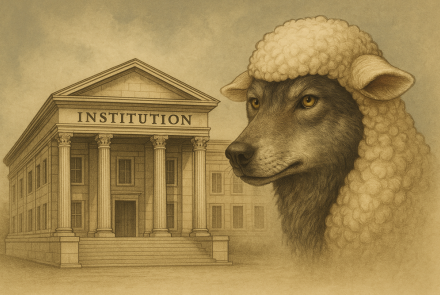 /
/When institutions—governments, corporations, schools, religious groups—take on the role of the wolf in sheep’s clothes, the consequences are far-reaching and often invisible until deep damage is done. Unlike individuals, institutional wolves operate through systems, policies, and public relations, masking exploitation with the appearance of service, protection, or progress.
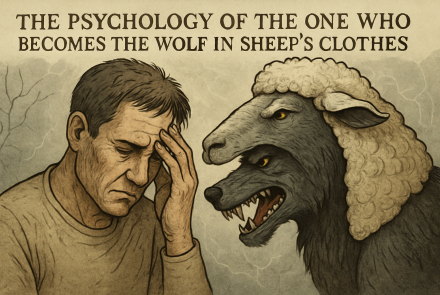 /
/What drives someone to become the wolf in sheep’s clothes? Beneath the mask lies a complex psychological landscape—often shaped by trauma, insecurity, or a deep need for control. While their actions are harmful, understanding their mindset can help us recognize and respond to these behaviors more effectively.
To read the full article and access more exclusive content, please visit us at Ko-fi!
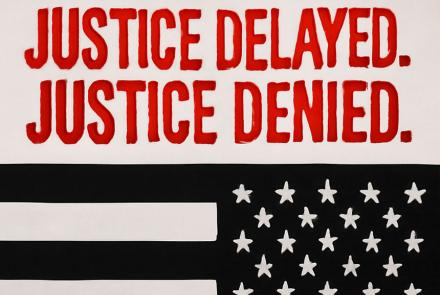 /
/The closure of several regional offices of the Department of Education’s Office for Civil Rights (OCR) under the current administration exposed deep vulnerabilities in how educational civil rights are enforced. With fewer offices, slower investigations, and limited access for rural and underserved communities, it became clear that the OCR, even before the closures, struggled with longstanding inefficiencies. These gaps have left countless students without timely protection against discrimination based on race, gender, disability, and other protected statuses.
Stand Up. Speak Out. Give Back.
Support the Legal Defense and Education Fund to help fight back against abuses of power and protect those who dare to stand up for justice.
Give today. Be the power that protects the powerless.
